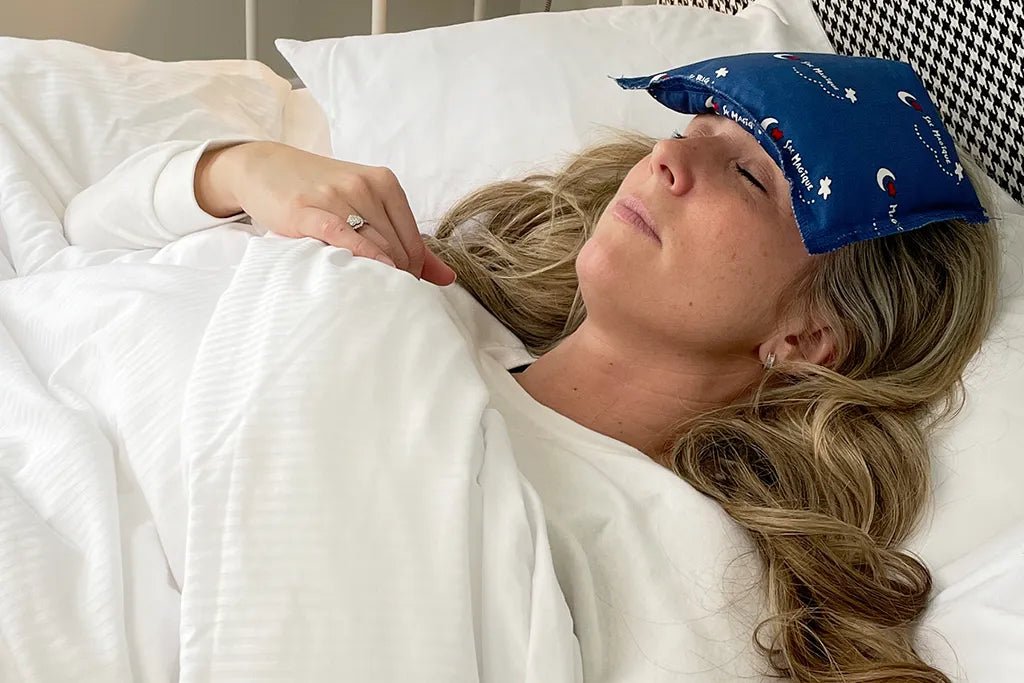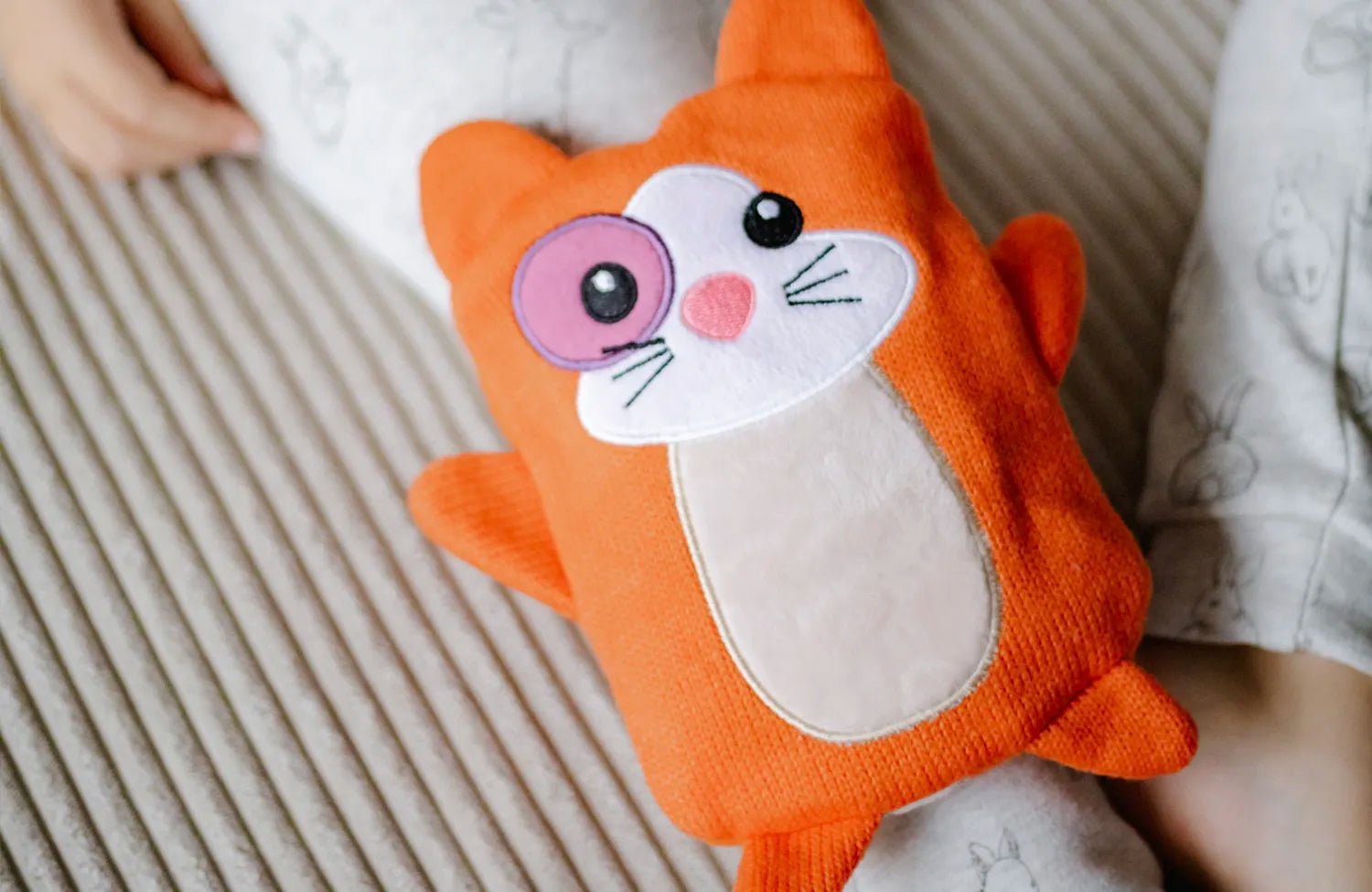
The Brain-Gut Connection
Did you know that our brain and gut are constantly “talking” to one another? This two-way communication system is known as the brain-gut connection or axis. And this connection plays a key role in our body, affecting digestion, overall health, mood, and even how we think. Read on to learn more about this fascinating connection and what you can do to improve your brain-gut health.
What is the brain-gut connection?
In recent years, we have become increasingly aware that different systems of the body are interconnected. This means to fully understand one system, you need to understand how it interacts with other systems in the body. Enter the brain-gut connection. The brain and gut are constantly communicating with one another about all kinds of things, from the physical to the emotional. In fact, more information passes between these two systems than any other systems in the body. It makes sense then that health or disease in one can affect the other and vice versa.
How does the brain-gut connection work?
The central nervous system (CNS)—the brain, spinal cord, and a complex network of nerves—controls all the body’s functions through messages that travel back and forth between the brain and body. Similarly, our brain sends signals to our gastrointestinal (GI) system (i.e. the gut) through the sympathetic and parasympathetic nervous systems. For example, the brain will tell the gut how fast to digest food, when to secrete digestive juices, what nutrients to absorb, and so on. But the gut also sends signals to the brain. The brain and gut communicate in numerous ways, both physical and biochemical. The gut part of the axis includes:
- The enteric nervous system (ENS), which regulates the gut, receives regulatory signals from the CNS. But it can also function quasi independently from the brain, earning itself the nickname “second brain.” In fact, it is the most complex neural network outside of the brain.
- The vagus nerve is one of the biggest nerves connecting our gut and brain. It sends signals and information back and forth between the two.
- The gut microbiome, which communicates with the brain through the vagus nerve, is a collection of bacteria, viruses, and fungi that live in our gut and influence our overall health. The microbiome plays a crucial role in our physical and mental health by regulating cholesterol, aiding digestion, producing neurotransmitters that affect mood, secreting hormones, supporting immunity by destroying harmful bacteria, and producing enzymes.

Healthy mind, healthy gut
As the brain and gut are so intimately connected, it is not surprising that mind-body tools are now being used to treat and manage certain diseases. For example, yoga, mindfulness, meditation, cognitive behavioural therapy, and antidepressants are proving effective in alleviating certain chronic digestive issues. Additionally, tweaking the gut microbiome has helped relieve GI, neurological, inflammatory, and emotional stress symptoms.

So how can you nurture a healthy brain-gut connection at home?
As a large part of the brain-gut axis focuses on the microbiome, there are a number of foods that can help increase the good bacteria in your gut:
- High-fibre foods such as fruits, vegetables, nuts, seeds, and whole grains
- Omega-3 oily fish such as trout, salmon, and mackerel
- Fermented foods such as yogurt, kefir, sauerkraut, and cheese
- Polyphenol-rich foods such as green tea, olive oil, coffee, and cocoa
In addition to eating well, regular exercise (150 minutes of cardiovascular activity per week and strength training), proper sleep (7 to 8 hours per night), and managing stress all contribute to a healthy brain-gut axis.

Relieving GI symptoms with Magic Bag
If you do experience stomach pain from bloating, gas, diarrhea, constipation, or other GI issues, applying a warm compress like the Magic Bag Pad is an inexpensive and effective remedy. Heat can help soothe cramping muscles and provide comfort quickly.
You do not need to be a scientist to understand that the brain and gut are closely connected. Next time you experience butterflies in your stomach before a presentation or get a gut-wrenching feeling about something, just remember that your brain and gut are always talking to each other. And that the brain-gut connection is one of the most powerful relationships in our body.
Featured blog
- Choosing a selection results in a full page refresh.
!







